Laravel Migration Rollback (New)
Read more at https://www.phpclasses.org/package/11454-PHP-Revert-one-or-more-database-migrations.html
50 Free Christmas Templates & Resources for Designers – Celebrate the season and use these free items for your holiday projects.

GooFonts – Use this resource to find Google Fonts based on tags. Great for discovering lesser-known items.
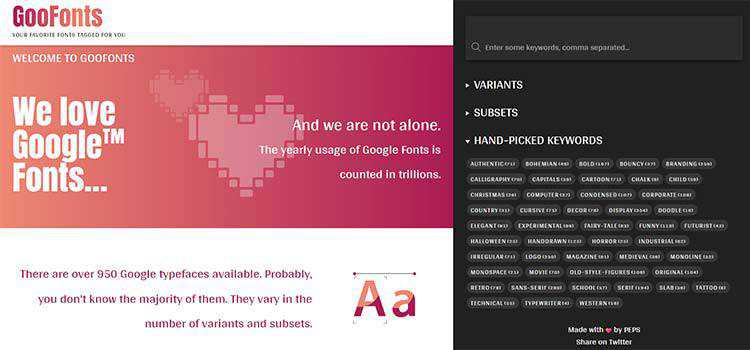
Making a Better Custom Select Element – How to ensure the popular form element is both accessible and the right choice for the job.
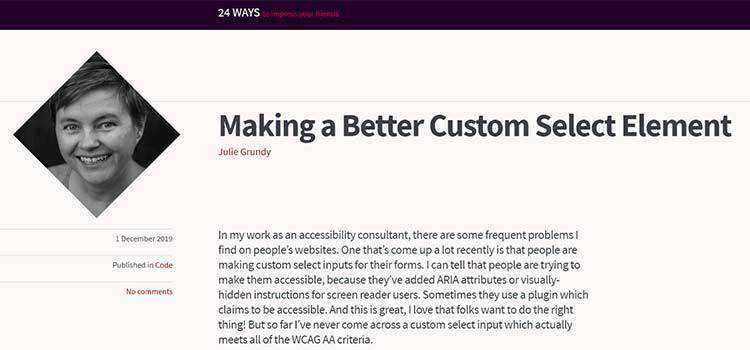
CSS Architecture for Modern JavaScript Applications – Keys to creating re-useable and scalable front-end systems.
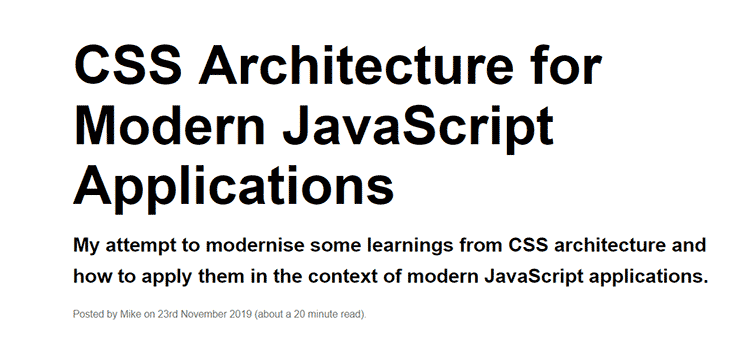
Flowy – A minimal JavaScript library you can use to create flowcharts.
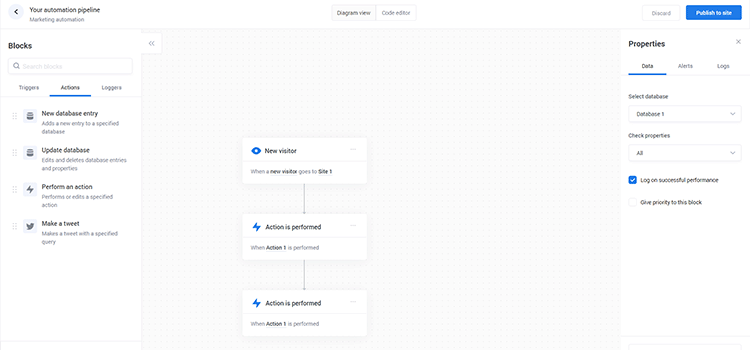
What’s the next UI design trend? – Will apps soon take on the traits of the “New Skeuomorphism”?

The 20 Best Free Outline Fonts – A great outline font can be a real attention-getter. Check out our collection of some of the top free choices.

The Thought Process Behind a Flexbox Layout – The brilliant and confusing process of using the CSS layout technique.

How to Overlap Images in CSS – Exploring the various methods for creating this popular image effect.

Being a Freelance Web Designer Isn’t for Everyone – There’s a lot of talk about how great freelancing is. But there are some real reasons why it might not be a perfect fit.

Free illustrations pack “Your Home Helper” – A free collection of super-hero style illustrations.

Vanilla List – A repository of awesome vanilla JavaScript resources.
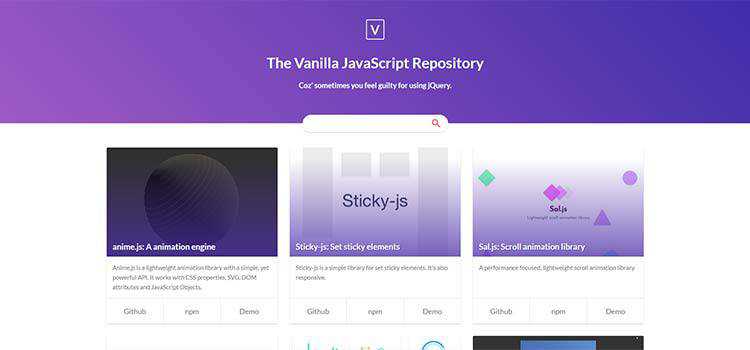
CSS Layout – A collection of popular CSS layouts and patterns.
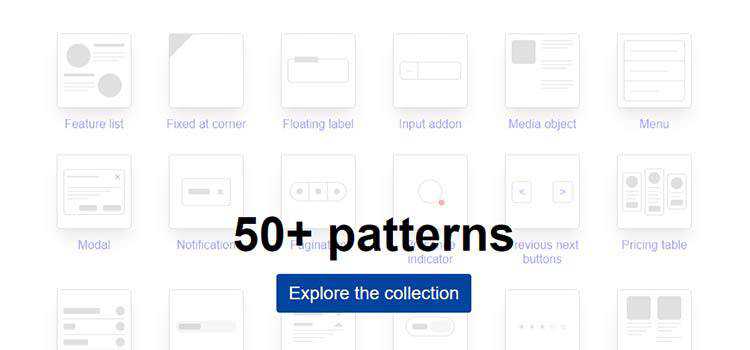
The Silly Side of Code Snippets – Examples of how you can hone your skills through some not-so-serious projects.

Using CSS custom properties to reduce the size of your CSS – A real-world example of CSS custom properties at work.
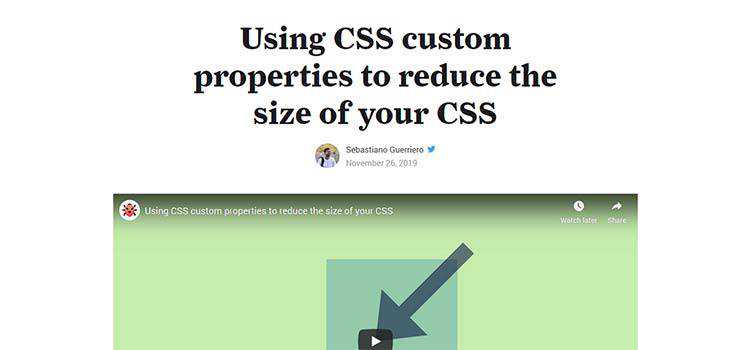
Animated CSS Background Generator – Use this tool to create stunning backgrounds for your website.

Wireframer – Create “flawless” SVG text for your wireframes with this brower-based tool.
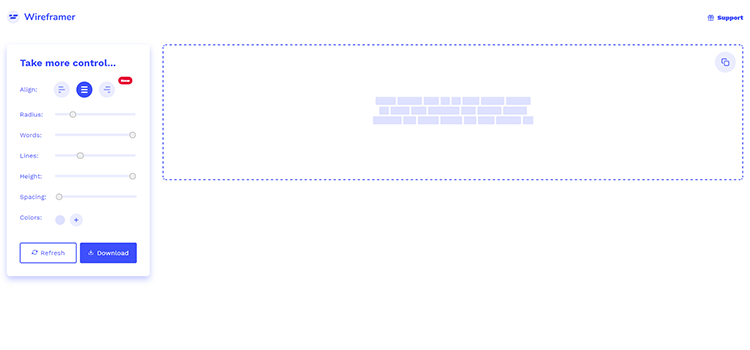
The post Weekly News for Designers № 517 appeared first on Speckyboy Design Magazine.
You’ve probably heard that WordPress is open-source software, and may know that it’s created and run by volunteers. WordPress enthusiasts share many examples of how WordPress changed people’s lives for the better. This monthly series shares some of those lesser-known, amazing stories.
Jill Binder never meant to become an activist. She insists it was an accident.
Despite that, Jill has led the Diversity Outreach Speaker Training working group in the WordPress Community team since 2017. This group is dedicated to increasing the number of women and other underrepresented groups who are stepping up to become speakers at WordPress Meetups, WordCamps, and events.
Jill’s WordPress story begins in 2011, in Vancouver, Canada. Jill secured an internship for her college program, working on a higher education website that was built in WordPress. As a thank you, her practicum advisor bought Jill a ticket to WordCamp Vancouver 2011: Developer’s Edition. After that Jill began freelancing with WordPress as a Solopreneur.
The following year her internship advisor, who had become a client, was creating the first ever BuddyCamp for BuddyPress. He asked Jill to be on his organizing team. At that event she also moderated a panel with Matt Mullenweg. Then, Jill was invited to be on the core organizing team for WordCamp Vancouver.
Part of this role meant reviewing and selecting speakers. From 40 speaker applications the team had to pick only 14 to speak.
For anyone who has organized a conference, you know that speaker selection is hard. Of the 40 applications, 7 were from women, and the lead organizer selected 6 of those to be included in the speaker line up.
At this point Jill wasn’t aware that very few women apply to speak at tech conferences and suggested selection should be made on the best fit for the conference. The team shared that not only did they feel the pitches were good and fit the conference, but they also needed to be accepted or the Organizers would be criticized for a lack of diversity.
Selecting women for fear of criticism is embarrassing to admit, but that’s how people felt in 2013.
By the time the event happened, though, the number of women speakers dropped to 4. And with an additional track being added, the number of speakers overall was up to 28. Only 1 speaker in 7 was a woman (or 14%) and attendees did ask questions and even blogged about the lack of representation.
Later that year at WordCamp San Francisco—the biggest WordCamp at the time (before there was a WordCamp US)—Jill took the opportunity to chat with other organizers about her experience. She found out that many organizers had trouble getting enough women to present.
Surprisingly Vancouver had a high number of women applicants in comparison to others, and the consensus was more would be accepted if only more would apply.
Jill decided that she needed to know why this was happening? Why weren’t there more women applying? She started researching, reading, and talking to people.
Though this issue is complex, two things came up over and over:
Then Jill had an idea. She brought up the issue at an event and someone suggested that they should get women together in a room and brainstorm speaker topics.
So Jill became the lead of a small group creating a workshop in Vancouver. In one of the exercises, participants were invited to brainstorm ideas—this proved that they had literally a hundred topic ideas and the biggest problem then became picking just one!
In the first discussion, Jill focussed on:

Other cities across North America heard about the workshop and started hosting them, adding their own material.
Many women who initially joined her workshop wanted help getting even better at public speaking. So Jill’s team added in some material created from the other cities and a bit more of their own. Such as:
At WordCamp Vancouver 2014—only one year since Jill started—there were 50% women speakers and 3 times the number of women applicants! Not only that, but this WordCamp was a Developer’s Edition, where it’s more challenging to find women developers in general, let alone those who will step up to speak.
Impressive as those results were, the reason Jill is so passionate about this work is because of what happened next:
Jill has seen time and again what happens when different people speak at the front of the room. More people feel welcome in the community. The speakers and the new community members bring new ideas and new passions that help to make the technology we are creating more inclusive. And together we generate new ideas that benefit everyone.
This workshop was so successful, with typical results of 40-60% women speakers at WordCamps, that the WordPress Global Community Team asked Jill to promote it and train it for women and all diverse groups around the world. In late 2017, Jill started leading the Diverse Speaker Training group (#wpdiversity).
Dozens of community members across the world have now been trained to lead the workshop. With now dozens of workshops worldwide, for WordPress and other open source software projects as well, there is an increase in speaker diversity.

As a result of the success, Jill is now sponsored to continue the program. She’s proud of how the diversity represented on the stage adds value not only to the brand but also in the long-term will lead to the creation of a better product. She’s inspired by seeing the communities change as a result of the new voices and new ideas at the WordPress events.
Jill’s leadership in the development and growth of the Diversity Outreach Speaker Training initiative has had a positive, measurable impact on WordPress community events worldwide. When WordPress events are more diverse, the WordPress project gets more diverse — which makes WordPress better for more people.”
Andrea Middleton, Community organizer on the WordPress open source project
Alison Rothwell (@wpfiddlybits), Yvette Sonneveld (@yvettesonneveld), Josepha Haden (@chanthaboune), Topher DeRosia (@topher1kenobe)
This post is based on an article originally published on HeroPress.com, a community initiative created by Topher DeRosia. HeroPress highlights people in the WordPress community who have overcome barriers and whose stories would otherwise go unheard.
Meet more WordPress community members over at HeroPress.com!
The Console component is one of the most popular and mature Symfony components. Even if some developers consider it already feature-complete, in each new Symfony version we add some small new features to it.
Make it mandatory to return the command exit status¶
...
As usual, my colleague Brent wrote a post with clear instructions on how to upgrade. As a bonus he also provides some necessary steps to get PHP 7.4 to work in Valet. Read More
SymfonyCon Amsterdam 2019 was a great success!
The Symfony community met two weeks ago in Amsterdam, Netherlands, for the international Symfony conference from November 19th to 23rd in the great Beurs Van Berlage monument. We were super pleased to welcome more than 1600 people, more than 30 speak...
If you’ve tried to upgrade your Laravel applications to use MySQL 8, you might have run into a “MySQL server has gone away†error that left you scratching your head. Let’s go over how to fix it and start using MySQL 8 with Laravel!
...
Popular posts from PHPDeveloper.org for the past week: